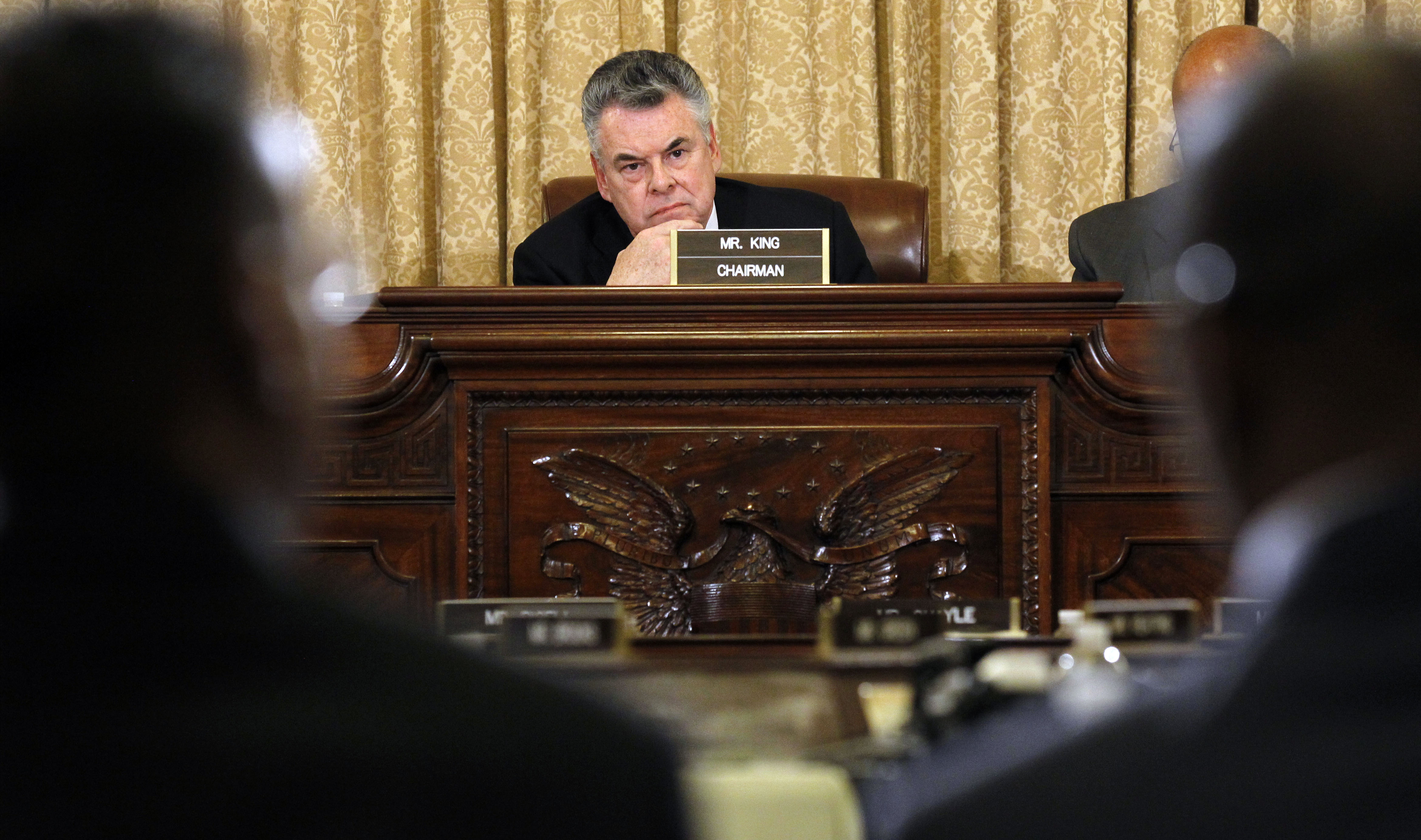Whether hunched over and texting on a tiny screen or slouched and lounging in repose beneath a large one, we seem to be evolving further away from homo erectus in posture but perhaps closer in brain function. That being said, our ability to consume data and communicate with one another is incredible. But information devoid of context and our subsequent inability to draw non-linear conclusions based upon experience in the physical world is a dangerous phenomenon. Our ever-evolving brains may be processing at lightning speed, but if the information being received is garbage, what’s the point?
Nowhere is this trend more perilous than the media outlets that cover Wall Street. The off-handed remarks of a wayward CEO or slightest variance between analyst expectation and actual result unleash a fury of immediate Monday-morning quarterbacking by reporters embedded on the floor of the exchanges and proffered to the world via specialty cable channels, ubiquitous Web tickers, and social media outlets.
Two decades of forced regulatory erosion in the financial markets has left the United States with an economic foundation no longer built on terra firma but on speculation and bedazzlement. The creation of opaque markets with unrecorded activity and off-balance sheet transactions being exploited recklessly by private investors, hedge funds and the largest financial firms weren’t even addressed in the latest financial reform package passed by Congress. Essentially, financial reform will only apply to that which is seen. Even the most stringent regulations, such as the Volcker Rule, were watered down at the 11th hour to allow banks to carry on as they have in recent years, albeit to a lesser extent. What we are left with are several rules to follow in the open markets and, of course, plenty of time to figure out how to bend or entirely circumvent them by the time the bill is fully enacted.
While this analysis is patently reductive, as most of the scrutiny of Wall Street tends to be these days, it is not devoid of context. When not barraged by the constant, inane declarations of television pundits micro-analyzing every bit of news coming out of the White House or analyst calls, it is remarkably easy to gain clarity on the state of our economy. When you unplug from the Matrix (read: stop watching television) and rely on a healthy dose of anecdotal information (talking to real people who own businesses) and established research (periodicals with big words, not tweets and Facebook updates), the world is frighteningly clear.
In an attempt to bridge the gap, the following are a few simple Socratic conclusions boiled down to something longer than a tweet but shorter than a feature in The Economist:
A) Theory: (1) The era of cheap oil has come to an end, forcing us to explore beneath sand pits and the ocean floor—expensive propositions. (2) There has been no substantial investment into renewable technology; therefore it cannot achieve the proper scale to deter our need for fossil fuels. (3) The world is consuming more fossil fuels than ever before. Conclusion: the prices of oil and natural gas are going to skyrocket in the coming years.
B) Theory: (1) Our national debt is at an all-time high. (2) Seventy percent of the U.S. economy is related to the consumer. (3) At some point, other nations will no longer allow the United States to borrow money and the government will be forced to reconcile the exposure from its debt by raising funds, which is to say: hike taxes. (4) Higher income taxes and sundry surcharges will result in less money spread throughout the population, which in turn will result in fewer dollars for consumers to spend. Conclusion: We will experience a secondary economic shock related to a further downward spiral of consumer spending.
C) Theory: (1) Banks aren’t lending money to small and mid-sized corporations because of the negligible rate at which they themselves can borrow from the government only to reinvest in treasury bonds offered at a higher return than the borrowing rate. A real world search for related terms might yield the following results: “legalized arbitrage,” “government-sponsored Ponzi scheme,” or “circle jerk.” Feel free to pick your favorite. (Mine is the third. Shhh.) Conclusion: When inflation inevitably occurs (see point B) the Fed will be forced to raise rates, prompting banks to return to the business of commercial lending, albeit too late to make a positive impact.
These are three shitty conclusions for which I am unapologetic. The sooner we wake up to the economic realities that are facing us as a nation the sooner we can place them in the rearview mirrors of our hybrid cars. But first we must rise above mindless television chatter and tap into the reservoir of knowledge and talent our nation was built on: our minds. Our next great economic revolution may well be televised, but the inspiration for it most certainly will not begin there.
If you wish to comment on “Off the Reservation,” send your message to [email protected]







